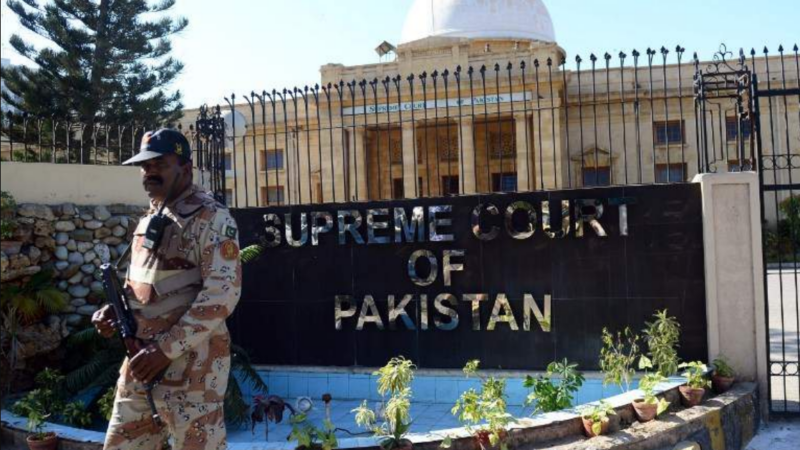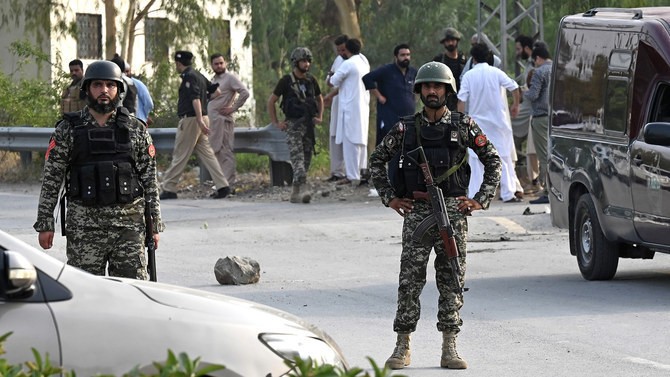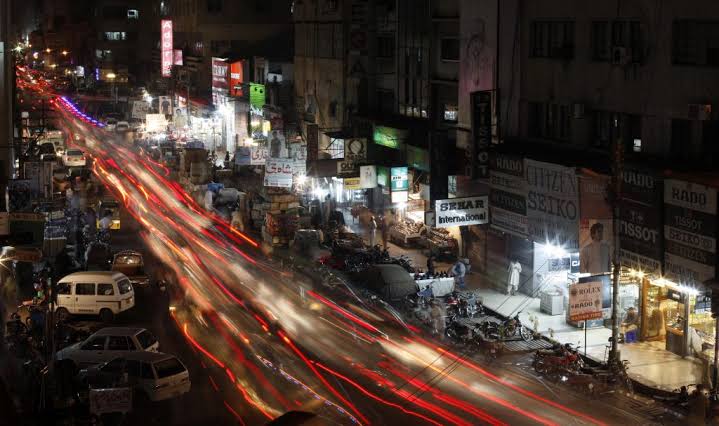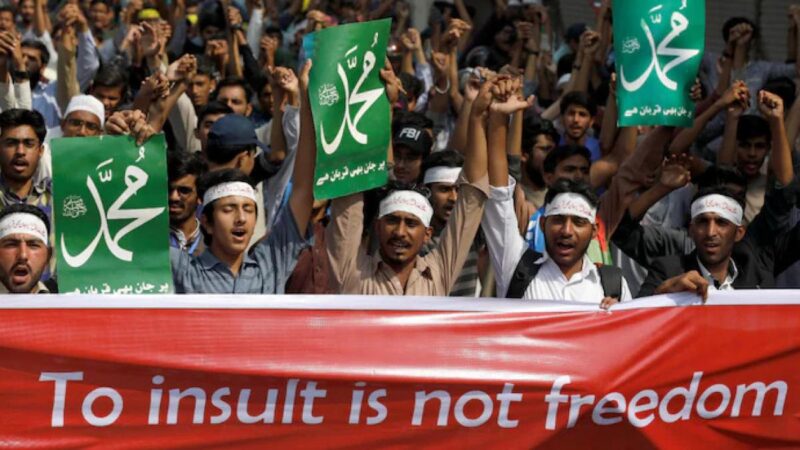WHO urges more funding for Afghanistan’s healthcare system.

Decades of instability, compounded by severe drought and natural calamities, have left Afghanistan in the midst of a humanitarian crisis. Many millions of people are at high risk of starvation and sickness because of this lack of resources.
The World Health Organization noted that the Taliban’s restrictions on women’s and girls’ access to school and the workplace have made them even more vulnerable since they experience more difficulty gaining access to healthcare.
“A major humanitarian issue”
Dr. Luo Dapeng, WHO’s Representative in Afghanistan, stated, “The situation in Afghanistan is critical and demands urgent attention.”
“Underfunding of the healthcare sector is a crucial humanitarian problem for a nation already ravaged by decades of violence. The repercussions of this underfunding are quite serious.
The United Nations and its partners have reported an alarming rise in the number of people in Afghanistan who need immediate humanitarian assistance. From 18.4 million before the Taliban’s restoration to power in August 2021, about 29 million have gone up the ranks of the urgently in need of aid.
Aid workers are aiming to help 14 million people in total, including 7.5 million children and 3.1 million women. More than 25 million healthcare services have been supplied since 2022, and they’ve already surpassed 8.4 million in the first half of the year.
Many people’s lives are in danger.
Despite these efforts, the World Health Organization (WHO) has warned that eight million Afghans may lose access to healthcare if enough financing is not provided.
Meanwhile, 450,000 individuals would have no or very limited access to emergency services such as blood transfusions and referrals. There will be a gap in services for almost 1.6 million individuals who suffer from mental health issues.
WHO Director-General Tedros Adhanom Ghebreyesus pleaded with donors to be generous so that the organization could continue its lifesaving job.
The lack of resources and funds to assist health personnel and institutions in Afghanistan is “putting countless lives at risk,” he added. Women and children are bearing the brunt of the damage.
It’s everyone’s job
The World Health Organization (WHO) will build on the progress made in 2022 and continue working with partners to address urgent health issues in Afghanistan for the duration of this year.
Many more efforts are needed, the UN agency said, before its aims of safeguarding people every day, reaching everyone, everywhere, and prioritizing mothers and children, can be realized.
The Eastern Mediterranean Regional Director for WHO, Dr. Ahmed Al Mandhari, has called for a global response to the current humanitarian health catastrophe in Afghanistan.
To strengthen the Afghan hospital system, “it is our collective responsibility to act now,” he stated. Failure to respond “could have long-lasting effects on the health and wellbeing of the Afghan people.”






